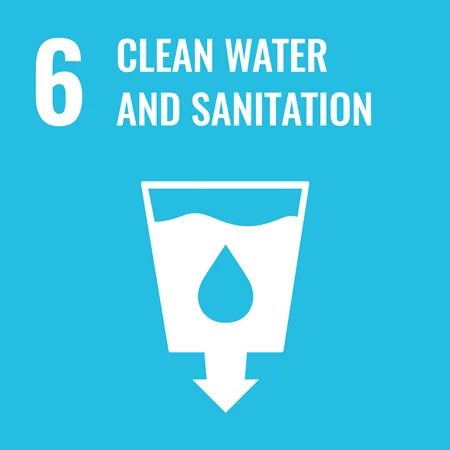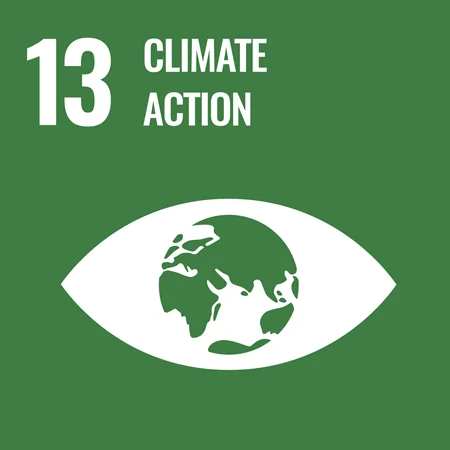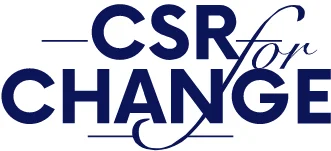Become a Volunteer
SDG Goals
CATALYZING CHANGE ACROSS 15 GOALS
Discover our holistic approach to fostering positive change. From empowering communities through education to advocating for environmental sustainability, each of our projects aims to create a more equitable and sustainable future.


Overall, the Kalgidhar Society’s focus on education, skill development, and employment opportunities is helping to reduce poverty and improve economic opportunities for individuals and communities in rural areas of North India, in alignment with SDG 1
Langar Hall Baru Sahib: Serving food to over 2,200 people daily. Akal Charitable Hospital: Providing meals to 114 people every day.
Cheema Sahib Community Kitchen: Serving food to over 2,200 people daily and 4,000 people during Gurpurab.
Gurdwara Sahib Locations: Including Gomti, Dhindsa, Mander, and Rajgarh, serving hundreds daily, with Rajgarh serving 300 people monthly.
Total Meals Served Annually: 1,21,20,405 meals.
Support for Rural Girls: Through the AIRWE program, 1,179 rural girls receive education and nutritional support.
Targeted Food Distribution: Providing food to 100 deprived individuals and serving diverse communities without discrimination.
Non-Discriminatory Service: Serving meals regardless of religion, caste, gender, or socioeconomic status.
Community Building: Fostering a sense of community and social cohesion by bringing individuals from various backgrounds together to share meals.
Commitment to Equity: Ensuring everyone has access to adequate food, thereby contributing to a more equitable and just society.

In conclusion, the Kalgidhar Society’s Langar initiative is a shining example of how community-driven efforts can contribute to achieving Sustainable Development Goal 2, zero hunger. By providing nutritious meals to those in needs, the Society is not only addressing hunger but also fostering social cohesion and promoting the principles of equality and community service.

Overall, the Kalgidhar Society’s efforts align with SDG 3: Good Health and Well-being, by promoting access to quality healthcare services, reducing substance abuse, promoting mental health, and raising awareness about health-relate d issues, all towards the goal of creating healthier and more resilient communities.

Overall, the Kalgidhar Society is making significant contributions towards achieving SDG 4 by providing access to quality education to underprivileged children, empowering women, and taking a holistic approach to education.

In conclusion, the Kalgidhar Society has taken various initiatives to promote gender equality and empower women. The Society is providing education, vocational training, employment opportunities, and a safe and secure environment for women’s education. These initiatives have helped in breaking gender stereotypes and promoting gender equality in the region.

By implementing these initiatives, The Kalgidhar Society has made significant progress towards achieving SDG 6, Clean Water and Sanitation. The Society’s efforts have contributed to ensuring access to clean water and sanitation facilities for students, staff, and rural communities, promoting a healthy and sustainable future.

T
he Kalgidhar Society, Baru Sahib, has been honored with the ‘SDG Action Award’ by the UNDP and Punjab Planning Department for its outstanding efforts in sustainable development. The Society’s solar-energy project, recognized by TERI ENVIS, and its exemplary waste management practices in Lana Bhalta, featured by The Better India, showcase its commitment to SDG 7 – Affordable and Clean Energy. Additionally, the Save Energy Club at Akal Academies actively promotes energy conservation awareness.

Overall, the Kalgidhar Society has made significant strides in advancing SDG 8, Decent Work and Economic Growth, through its various programs and initiatives, impacting the lives of millions of people.

The Society’s founder, Baba Iqbal Singh Ji, has received numerous awards, including the Sikh Lifetime Achievement Award and the National Institute of Cleanliness Education and Research (NICER) Lifetime Achievement Award, recognizing his contribution to education and sustainable development.
The Society has adopted sustainable practices such as organic farming, eco-friendly initiatives, and renewable energy sources to promote sustainable industrialization and foster innovation.
The Society has been recognized for its commitment to sustainability by various organizations, including the Sustainable Institutions of India, which awarded Eternal University a gold certification for sustainable education.
The Society has also been recognized for its dedication to quality education during the COVID-19 pandemic. The Tribune featured an article highlighting the Society’s efforts to help rural students’ access online education. The Society’s recent installation of 1500 computers in 95 academies demonstrates its commitment to promoting inclusive and sustainable industrialization and innovation, as students can learn more engagingly and interactively through access to digital resources.
The Society’s initiatives, such as constructing new classrooms and establishing ICT labs with cutting-edge technology, create a conducive learning environment essential for holistic education and contribute to building resilient infrastructure.
In summary, the Kalgidhar Society is contributing towards achieving SDG 10, Reduced Inequalities, by providing education and skill development opportunities to underprivileged children and women, promoting inclusion and diversity, addressing basic needs of marginalized communities, and promoting sustainable development.

In summary, the Kalgidhar Society is contributing towards achieving SDG 10, Reduced Inequalities, by providing education and skill development opportunities to underprivileged children and women, promoting inclusion and diversity, addressing basic needs of marginalized communities, and promoting sustainable development.

The Kalgidhar Society, Baru Sahib, has been honored with the ‘SDG Action Award’ by the UNDP and Punjab Planning Department for their outstanding work towards SDG 11. Additionally, the World Humanity Commission awarded them a Certificate of Appreciation for promoting sustainable development and creating sustainable communities.

In addition to the above initiatives, the Society has launched the Green Campus Project in collaboration with Climate Reality at Akal University. The project aims to create a sustainable future and spread awareness about climate change and sustainability. Kalgidhar Society is committed to achieving SDG 13 by taking proactive steps towards environmental sustainability and promoting a greener and more sustainable future.

Overall, Kalgidhar Society’s various initiatives demonstrate its commitment towards achieving SDG 15 (Life on Land) by promoting sustainable agriculture, conducting research and development, raising farmer awareness, promoting sustainable land use practices, organizing plantation drives, and promoting energy conservation.

Through these various roles, the Kalgidhar Society is working towards achieving SDG 16 by promoting peace, justice, and strong institutions in society.

